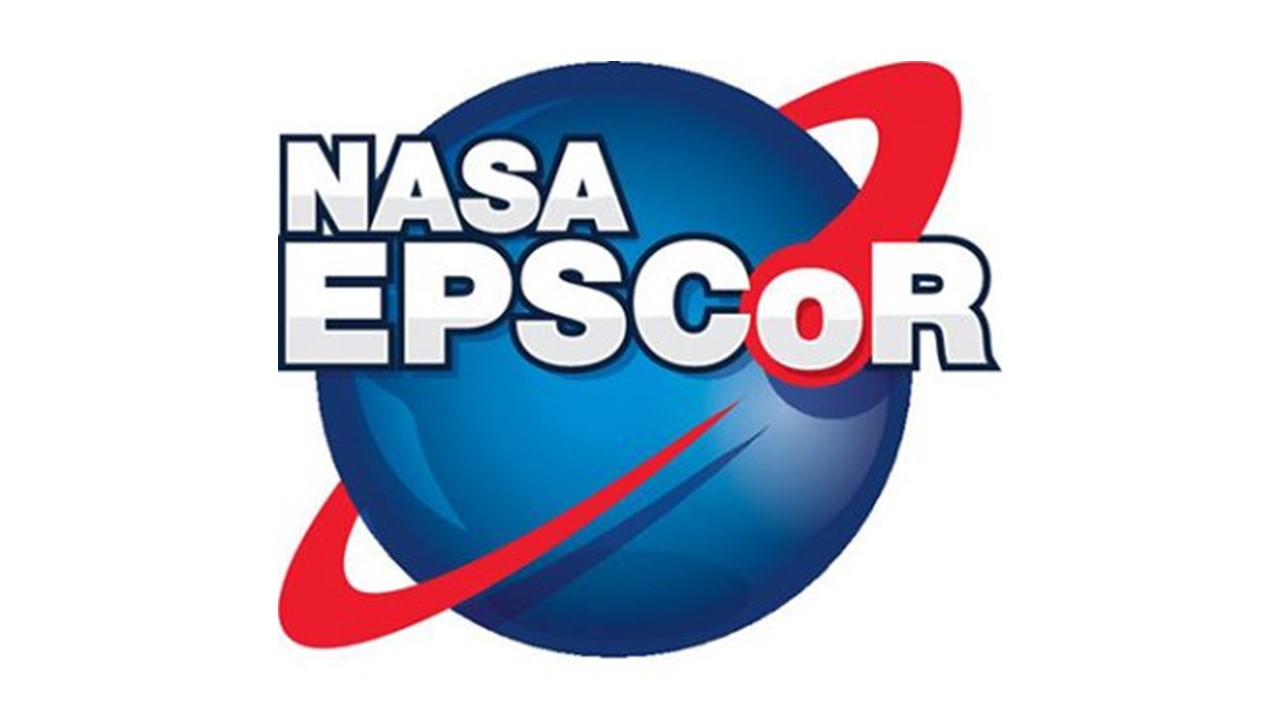NASA EPSCoR Research Discussions with NASA Stennis Space Center

Virtual research discussions between researchers in EPSCoR jurisdictions and NASA personnel at Stennis Space Center (SSC) will be held in 2023.
The discussions will consist of two virtual meetings. The first meeting will consist of virtual talks by EPSCoR jurisdiction researchers for SSC personnel to be held in late January followed by a second virtual roundtable discussion meeting in early February.
The primary feature of the January discussion is “Flash presentations” by jurisdiction researchers. These presentations would be a maximum of 2 minutes each and would feature the experience, capability and/or interest that the researcher would bring to a collaboration with SSC. The major topics of research that are of priority at SSC include the following:
- Intelligent Integrated System Health Management (ISHM) for Ground and Space Applications
- Autonomous Operations Capability for Ground and Space Applications
- Advanced Propulsion Test Technology Development
- Advanced Rocket Propulsion Test Instrumentation
The SSC Research Areas.pdf document has a more detailed discussion of each research topic.
We need the following two documents from each researcher from your jurisdiction who is interested and committed to presenting a 2-3 minute presentation about their research program / capability relevant to one of the SSC research priorities.
These documents include a one-page “biography & research capability statement” (see example) and a one-slide summary on a potential SSC focused research / development project (see example). The specific format, content and requirements for each document follows.
Researcher Brief Biography & Research Capability: This needs to be a single-page MS-Word document with the following content.
- Researcher name
- Affiliation and contact information
- SSC Research Topic
- Presentation title
- Headshot
- Brief bio including some details about research capability. (See page 3 of the draft agenda for sample of the headshot and approximate length of the bio.)
SSC-Focused Research / Development Project: This is a single Microsoft PowerPoint slide that describes a research / development project that is focused on a SSC priority area. The slide must conform to the following guidelines. Non-conforming slides will be rejected.
- Clearly identify the SSC research / development priority (1 through 4, above) that is the focus topic of the slide
- Highlight the key aspects of the anticipated SSC-focused research / development project
- Highlight research capabilities of the researcher and/or local to the researcher.
- 1 Single Slide (excess slides will be discarded)
- Slide Size 10 in. x 7.5 in.
- 4:3 Aspect Ratio
- File must be .pptx (no PDFs will be accepted)
- No video or animations
The jurisdiction may send as many submissions as desired, but each researcher may only make one submission. Also note that we will reserve the right to select from the submissions to represent the breadth and depth of NASA EPSCoR capability across all jurisdictions.
Individual researchers from South Dakota may submit documents directly to laspace@lsu.edu as soon as possible and before Wednesday, Dec. 21, 2022, and copy Director Edward F. Duke (Edward.Duke@sdsmt.edu). Toward the beginning of 2023, NASA SSC will send each NASA EPSCoR Director the list of jurisdiction researchers who are on record as submitting a compliant document.
From these submissions, talks will be selected by the planning committee to be presented during the meeting. View a tentative sample agenda; however, the final number of talks and precise timing will be determined based on the submissions received. We are still in the process of finalizing the date and time with SSC for when to conduct the research discussions, but we anticipate holding the first session on one afternoon (Eastern time) in the January 23-31 time-period with the second session following a week later. All submissions will be compiled and distributed among NASA and jurisdiction researchers.
For further information contact:
Edward F. Duke, Director
South Dakota NASA EPSCoR
Edward.Duke@sdsmt.edu
 National Science Foundation RII Track-1 Project:Expanding Research, Education and Innovation in South Dakota
National Science Foundation RII Track-1 Project:Expanding Research, Education and Innovation in South Dakota